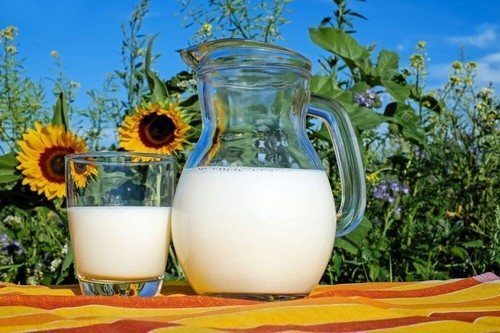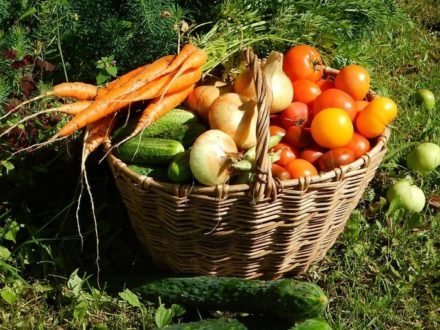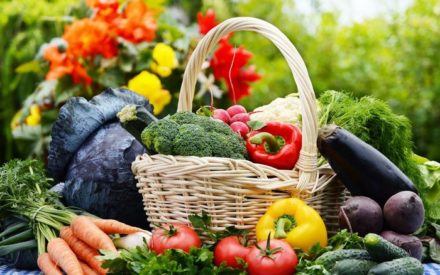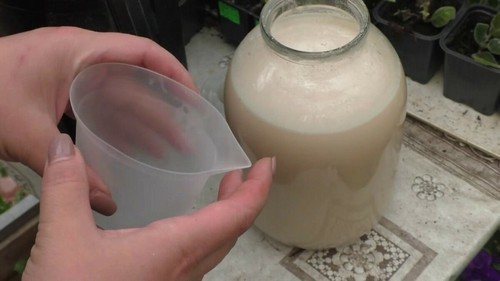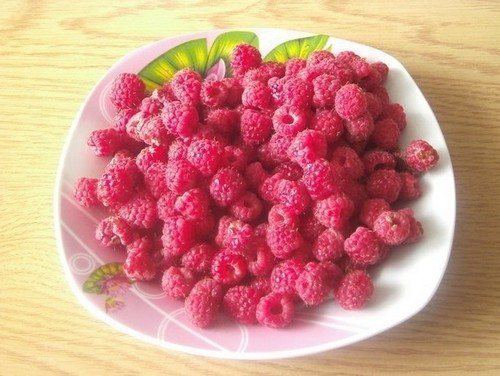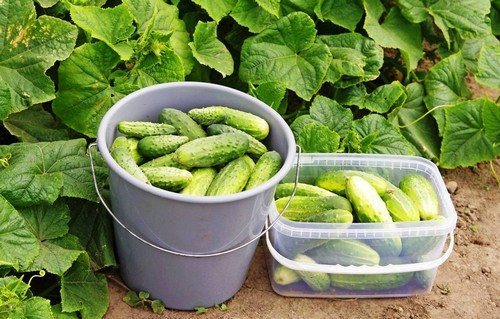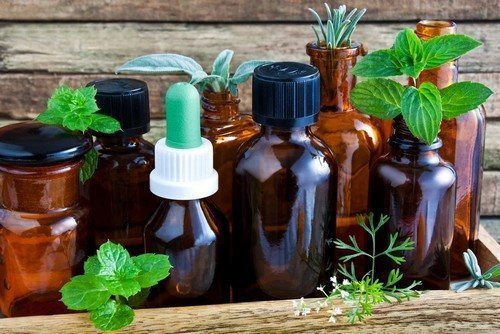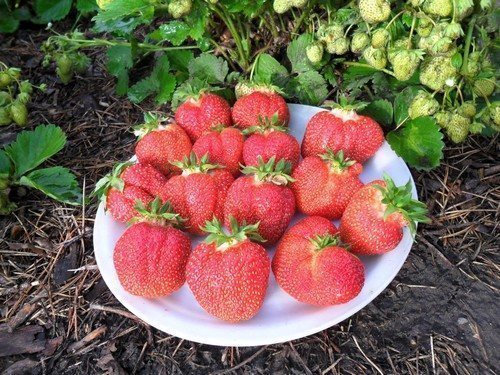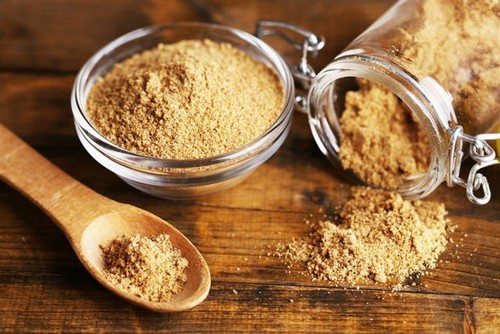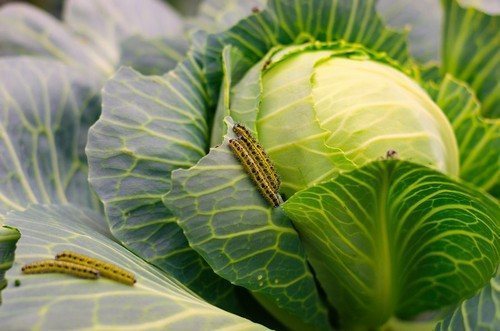Many people mistakenly classify yeast as bacteria, but in fact, they are single-celled fungi. These organisms contain proteins, fats, carbohydrates, nitrogen, amino acids and minerals.
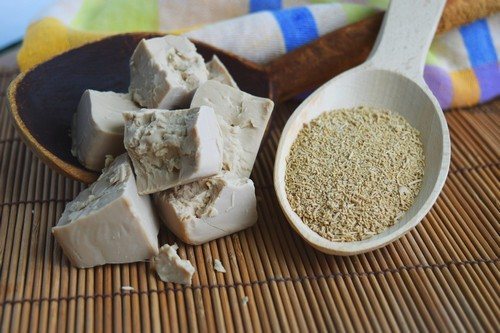
What are the benefits of yeast dressings?
- Vitamins, microelements and macroelements saturate the plant, increase its yield and endurance.
- Processing and watering seedlings promote faster rooting, balance the growth of the young plant, preventing it from stretching upward. This occurs as a result of faster decomposition of organic matter and saturation of the soil with nitrogen and phosphorus.
- Yeast feeding promotes the formation of rosettes in strawberry and wild strawberry bushes.
- Yeast increases plant resistance to diseases.
- Yeast feeding has a positive effect on all types of vegetable, fruit, berry and ornamental crops, but it cannot be used for onions and garlic.
- Yeast continues to affect the plant after rain or changes in ambient temperature. But they die under the influence of more aggressive bacteria.
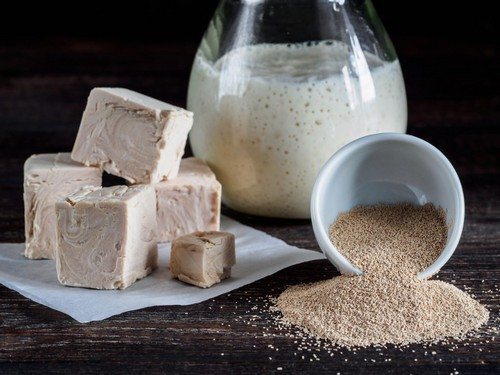
Potassium fertilizers: types and rules for applying plant fertilizers
- There are general rules for preparing and increasing the effectiveness of yeast feeding:
- You can use raw, dry, baker's, alcohol or brewer's yeast. Leftover bread or crackers can also be used instead.6 recipes for yeast dressings for vegetable crops
Skip to content
Washing
Ironing
- Stains
- Cleaning
Things
Pests
Equipment
- Storage
- Dishes
- Interior
- Garden and vegetable garden
- Tips
Many people mistakenly classify yeast as bacteria, but in fact, they are single-celled fungi. These organisms contain proteins, fats, carbohydrates, nitrogen, amino acids and minerals.
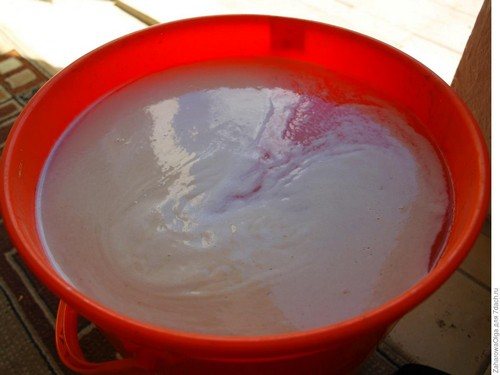
What are the benefits of yeast dressings?
- Vitamins, microelements and macroelements saturate the plant, increase its yield and endurance.
- Processing and watering seedlings promote faster rooting, balance the growth of the young plant, preventing it from stretching upward. This occurs as a result of faster decomposition of organic matter and saturation of the soil with nitrogen and phosphorus.
- Yeast feeding promotes the formation of rosettes in strawberry and wild strawberry bushes.
- Yeast increases plant resistance to diseases.
- Yeast feeding has a positive effect on all types of vegetable, fruit, berry and ornamental crops, but it cannot be used for onions and garlic.
Yeast continues to affect the plant after rain or changes in ambient temperature. But they die under the influence of more aggressive bacteria.
Yeast contains phytohormones that regulate cell division and differentiation.
There are general rules for preparing and increasing the effectiveness of yeast feeding:
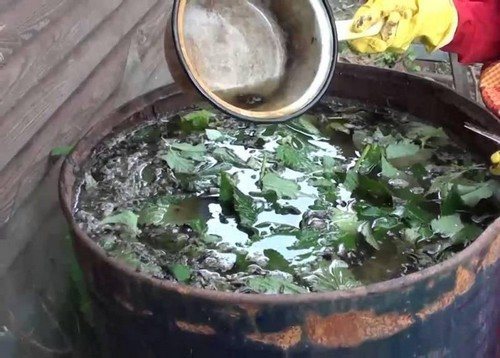
You can use raw, dry, baker's, alcohol or brewer's yeast. Leftover bread or crackers can also be used instead.6 recipes for yeast fertilizers for vegetable crops
Skip to content
Wash
- Ironing
- Stains
- Cleaning
- Things
Pests
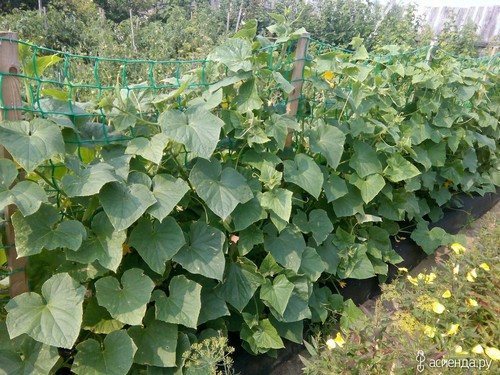
Technique
Storage
Dishes
- Interior
- Garden
- Adviсe
- 6 recipes for yeast fertilizers for vegetable crops
- Many people mistakenly classify yeast as bacteria, but in fact they are single-celled fungi. These organisms contain proteins, fats, carbohydrates, nitrogen, amino acids and minerals.
Vitamins, microelements and macroelements saturate the plant, increase its productivity and endurance.
Treatment and watering of seedlings promote faster rooting, balance the growth of the young plant, preventing it from stretching upward. This occurs as a result of faster decomposition of organic matter and saturation of the soil with nitrogen and phosphorus.
Yeast feeding promotes the formation of rosettes in strawberry bushes.
- Yeast increases plant resistance to disease.
- Yeast feeding has a positive effect on all types of vegetable, fruit, berry and ornamental crops, but it cannot be used for onions and garlic.
- Yeast continues its effect on the plant after rains or changes in ambient temperature. But they die under the influence of more aggressive bacteria.
Yeast contains phytohormones that regulate cell division and differentiation.
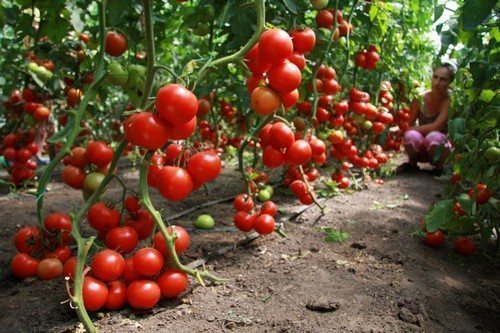
Potash fertilizers: types and rules for applying plant nutrition


